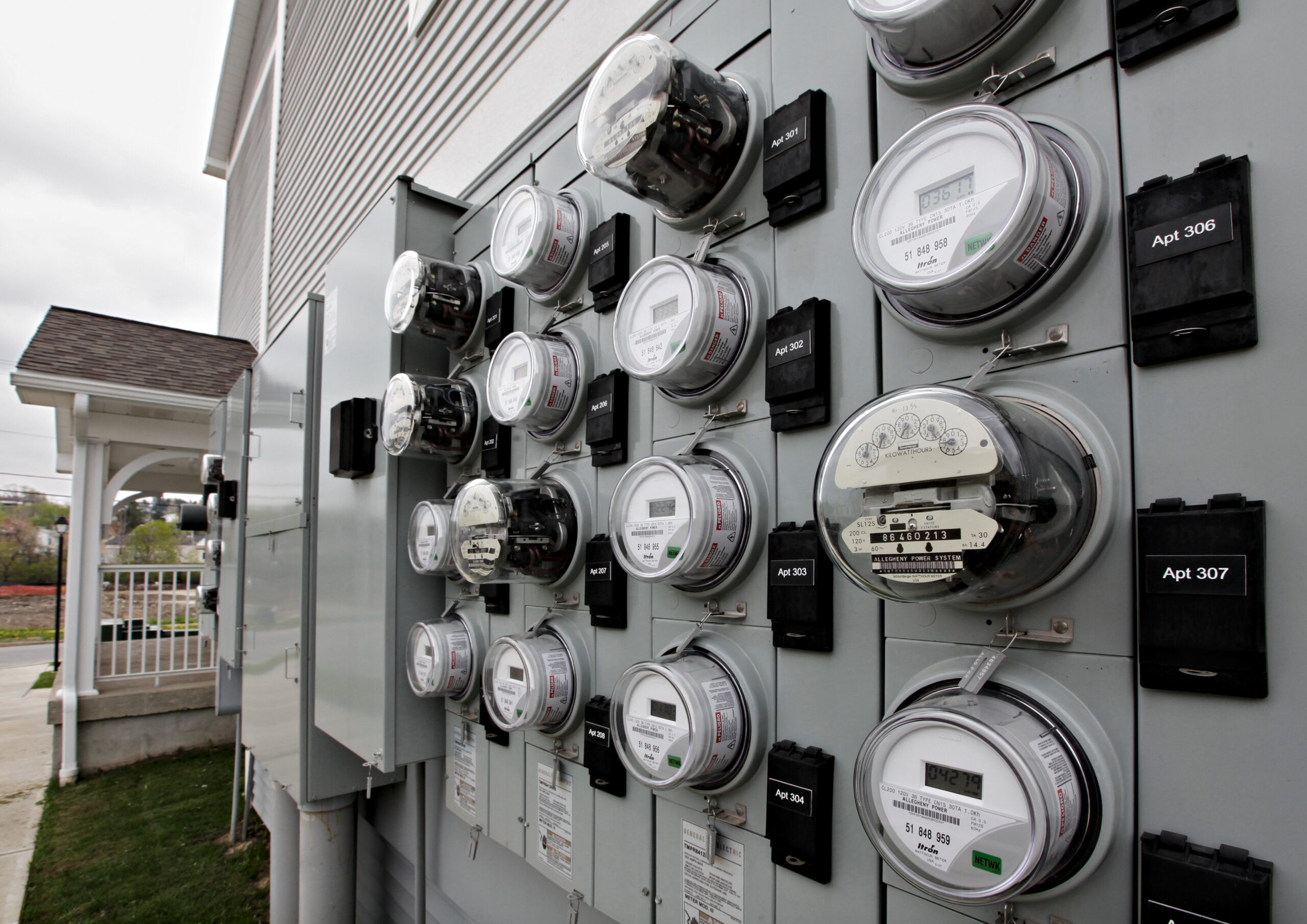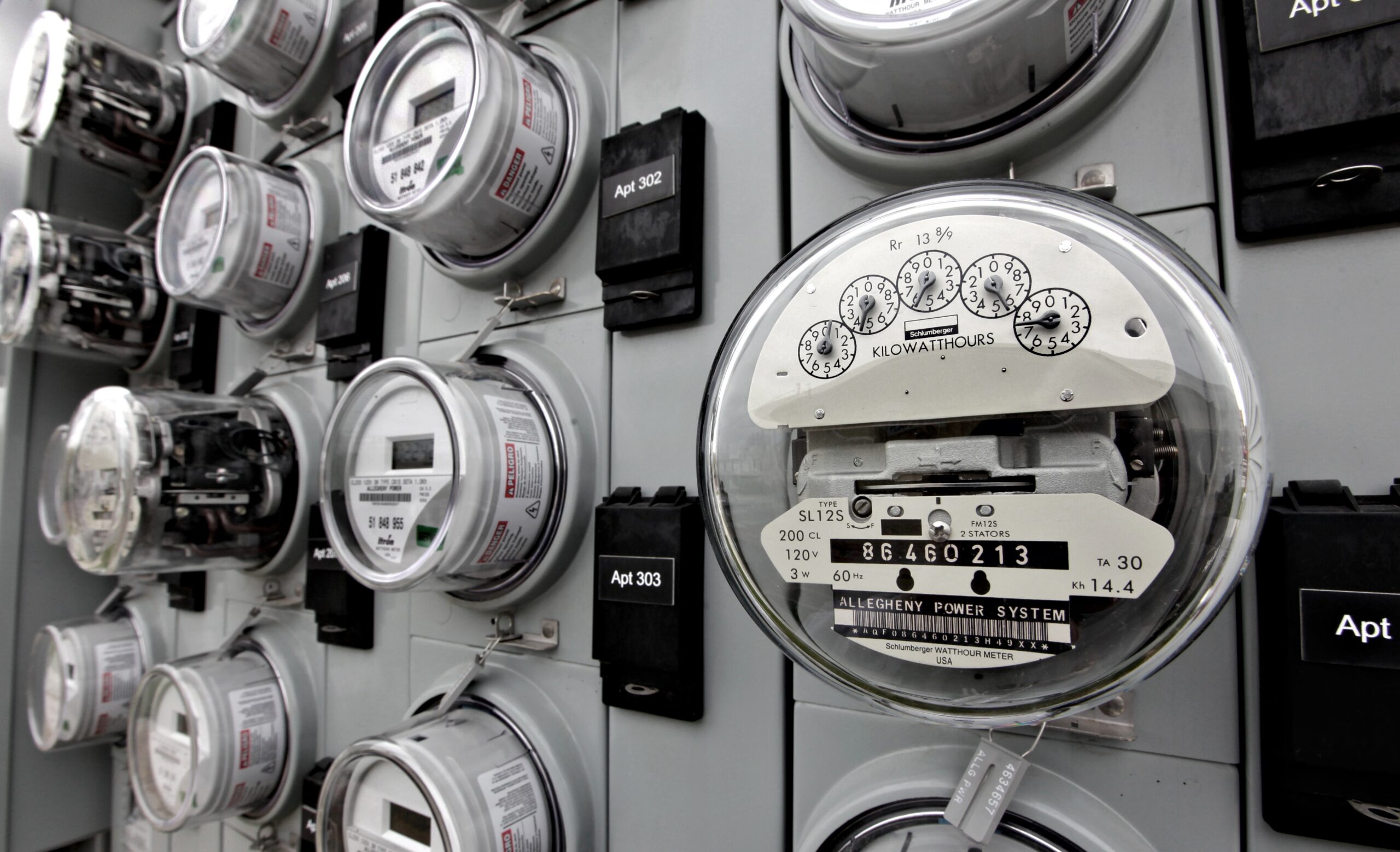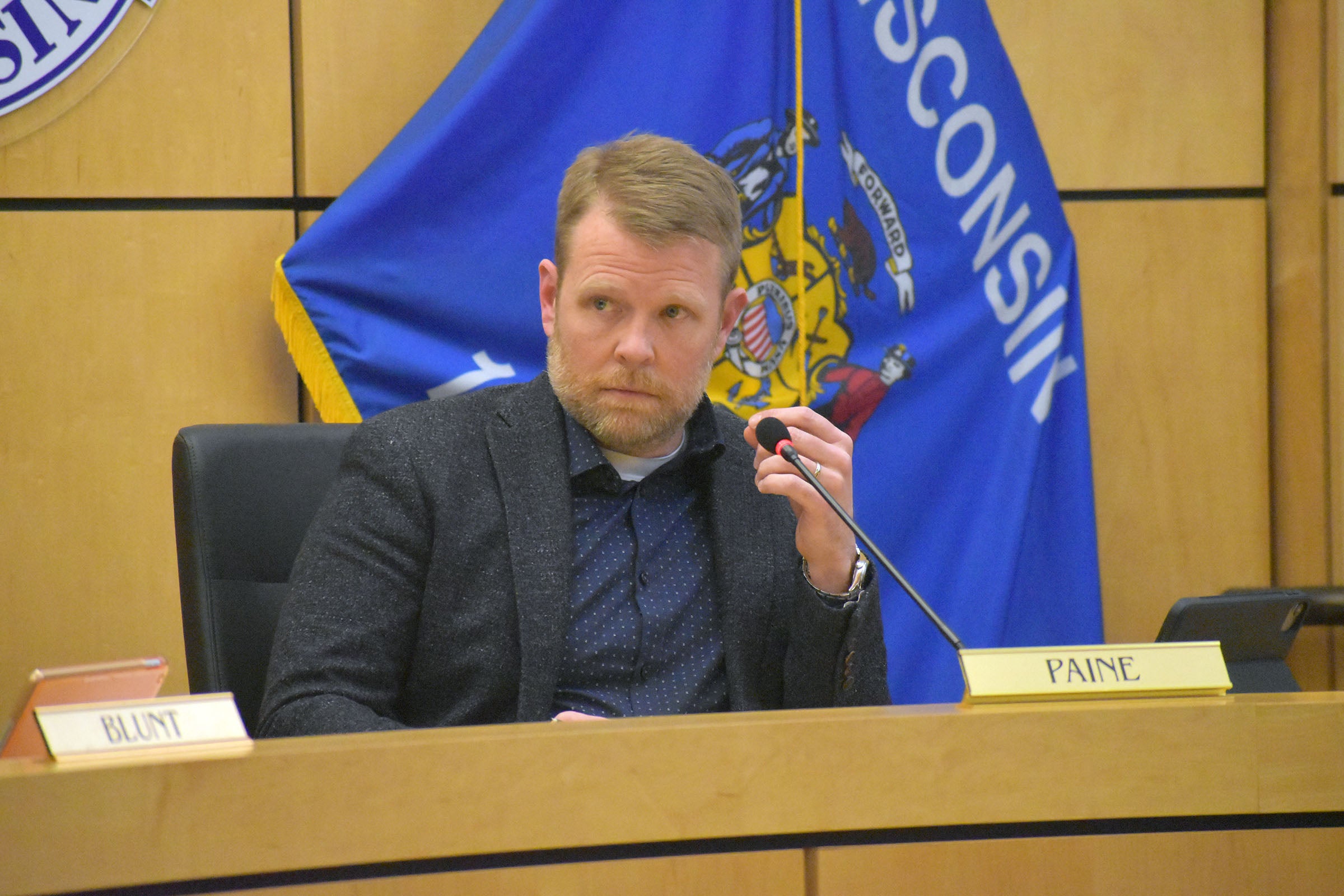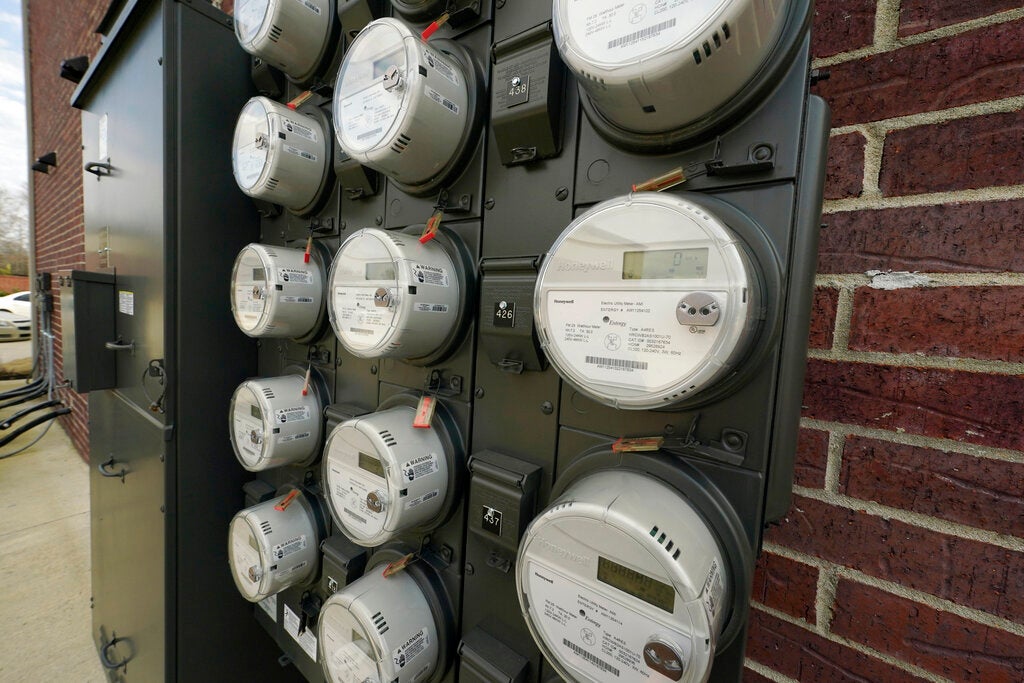Progressive groups and Madison’s mayor are asking state regulators to extend a moratorium on utility shutoffs through next April. The moratorium is set to end on July 25.
In June, the Public Service Commission announced it would lift a temporary moratorium as part of an order issued in March that prevented utilities from disconnecting water, electricity and heat for customers who couldn’t pay their utility bills during the COVID-19 crisis. Utilities were able to begin sending out disconnection notices again on Wednesday.
Madison Mayor Satya Rhodes-Conway wrote in a letter to the commission that now is not the time to end policies or programs that help people weather the effects of the pandemic.
News with a little more humanity
WPR’s “Wisconsin Today” newsletter keeps you connected to the state you love without feeling overwhelmed. No paywall. No agenda. No corporate filter.
“You can’t get a job if you can’t charge your phone or your computer. Online schooling is impossible without access to broadband and electricity, and losing access to a fan or air conditioning during a hot summer, when many of our public cooling centers are closed, is just downright dangerous,” said Madison’s mayor in a Wednesday news conference.
Groups like Our Wisconsin Revolution and the Wisconsin Democracy Campaign also called on regulators to extend the moratorium, arguing infections are still rising and economic impacts of the pandemic have left poor and minority communities especially vulnerable.
The Public Service Commission said it’s continuing to monitor customers’ ability to pay for services as COVID-19 cases are rising across the state.
“The communities being hit the hardest by COVID-19 are often the same ones that have been disproportionally impacted economically. Disconnected utility service impedes a person’s ability to stay home, social distance, and wash hands,” said PSC Chairperson Rebecca Valcq in a statement.
The commission and the Wisconsin Utilities Association (WUA) are urging people to contact their utilities or seek assistance prior to the end of the moratorium.
“Wisconsin utilities always encourage their customers who are having trouble paying their bills to contact their utility directly, where they will sit down with you and work out a payment plan,” said Bill Skewes, WUA’s executive director, in a statement.
The commission is temporarily requiring utilities to postpone shutting off power to those who have contracted coronavirus for at least 21 days and possibly an additional 21 days if they remain under quarantine. Regulators also required utilities to offer deferred payment plans through August 15.
A commission spokesperson also noted utilities are required to suspend disconnections during a heat warning or emergency.
The Citizens Utility Board, which represents ratepayers, has urged utilities to provide more flexibility to customers during the COVID-19 crisis. Tom Content, CUB’s executive director, said they’re not asking to reimpose the moratorium because the state has around $8 million in energy assistance through CARES Act funding.
“The disconnection notices are actually the trigger sometimes for people to actually seek this energy assistance, so that’s why we didn’t want them to reimpose a moratorium right away because we want people to actually consider applying for all this money that is available,” said Content.
Content said utilities and consumer advocates are asking Congress to include more funding in its next coronavirus relief package.
If customers receive a disconnection notice, they can apply online for assistance with their energy bills from the Wisconsin Home Energy Assistance Program. People can also file a complaint with the commission if agreements can’t be reached on the agency’s website.
Utilities have argued an extension would make it more likely customers would fall further behind on their bills, which could result in utilities passing on those losses to all ratepayers. They’ve also said they’re willing to work with customers on options for paying past-due bills.
We Energies, Wisconsin Public Service, and Madison Gas & Electric were among utilities who reported higher balances of unpaid bills during the pandemic compared to the last three-year average.
Below is the contact information for the state’s largest utilities:
- Alliant Energy: 1-800-255-4268
- Madison Gas & Electric: 1-800-245-1125
- Superior Water, Light & Power: 1-800-227-7957
- We Energies: 1-800-842-4565
- Wisconsin Public Service Corporation: 1-800-450-7260
- Xcel Energy: 1-800-895-4999
Wisconsin Public Radio, © Copyright 2026, Board of Regents of the University of Wisconsin System and Wisconsin Educational Communications Board.






